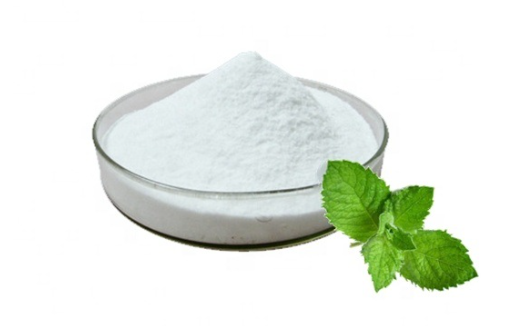
NEWS
The role of coolants in the pharmaceutical industry
2023-09-13
The pharmaceutical industry is an important industry related to people's health and life, and coolants play an important role in this industry. Coolants are widely used in drug development, storage and transportation, and play a vital role in maintaining the efficacy and stability of drugs. This article will explore the role and importance of coolants in the pharmaceutical industry.
First, coolants play an important role in the drug development process. In the pharmaceutical process, many active ingredients need to be synthesized and reacted at specific temperatures. Coolants provide a controlled, low-temperature environment that ensures reactants react in the expected manner. In addition, some drugs also require condensation or crystallization to extract higher purity compounds during the manufacturing process. Coolant provides the necessary low temperature environment to make these operations more efficient and reliable.
Second, coolants play a key role in drug storage. The stability of a drug is critical to its efficacy. Changes in temperature may cause medications to break down, degrade, or lose their active ingredients. Therefore, drugs need to be stored under specific temperature conditions to ensure their quality and stability. Coolants are widely used in drug storage equipment to extend the shelf life of drugs and ensure their efficacy by providing a stable low-temperature environment.
Finally, coolants play a key role in drug transport. Medications need to be transported around the world, from pharmaceutical plants to hospitals, pharmacies and patients’ homes. During transportation, changes in temperature may negatively affect the quality and stability of the drug. Coolants can provide a constant low temperature environment during transportation, ensuring that the quality and efficacy of drugs are not compromised.
Coolant selection is based on the characteristics and requirements of the specific drug. Common pharmaceutical coolants include liquid nitrogen, dry ice, cold water, or other specially designed cooling media. Pharmaceutical companies must choose appropriate coolants based on the characteristics of the drug and the needs of the production process.
All in all, coolants play an important role in the pharmaceutical industry. They not only provide the necessary temperature environment during drug development, storage and transportation, but also ensure the quality and stability of the drug. Pharmaceutical companies need to carefully select and manage coolants to ensure the efficacy and safety of drugs, thereby contributing to people's health and quality of life.
What are the precautions for using coolant?
Safe Handling: When working with coolant, safe handling procedures must be followed. This includes wearing appropriate personal protective equipment such as gloves, goggles and protective clothing. Use caution during operation to avoid direct contact with skin and eyes.
Ventilation: Ensure the operating area has good ventilation. Coolants tend to release vapors or gases, which can be dangerous if they accumulate in a closed environment. Proper ventilation can reduce gas buildup and move harmful substances outside.
Storage and Handling: Coolant should be stored and handled in the correct manner. Follow the storage guidelines provided by the manufacturer and avoid mixing with flammable materials or other chemicals. Waste coolant also needs to be properly disposed of in accordance with relevant regulations to reduce environmental impact.
Controlling the temperature: The use of coolants should be controlled based on the properties of the drug and the required temperature. Ensure the coolant provides a constant low temperature environment to maintain drug quality and stability.
Choose the right coolant: Choose the right coolant based on your specific needs. Different drugs and pharmaceutical processes may require different types of coolants. Consult with pharmaceutical industry experts and suppliers to learn about the coolant types and properties that best suit your needs.
Training and Awareness: Ensure operators are properly trained and instructed on safe procedures for working with coolants. At the same time, improve the safety awareness of employees and educate them on how to use and handle coolant safely.
Disaster Preparedness: Establishing a disaster preparedness and emergency response plan is critical. Understand the risks that may arise and take appropriate steps to reduce the likelihood of an accident. Regular equipment inspections and maintenance are performed to ensure safety in the pharmaceutical process.
The above is the entire content of this issue. After reading this, if you want to know more about coolants, you can directly consult us and we will answer your questions!
Previous page:How to use Cooling agent safely


